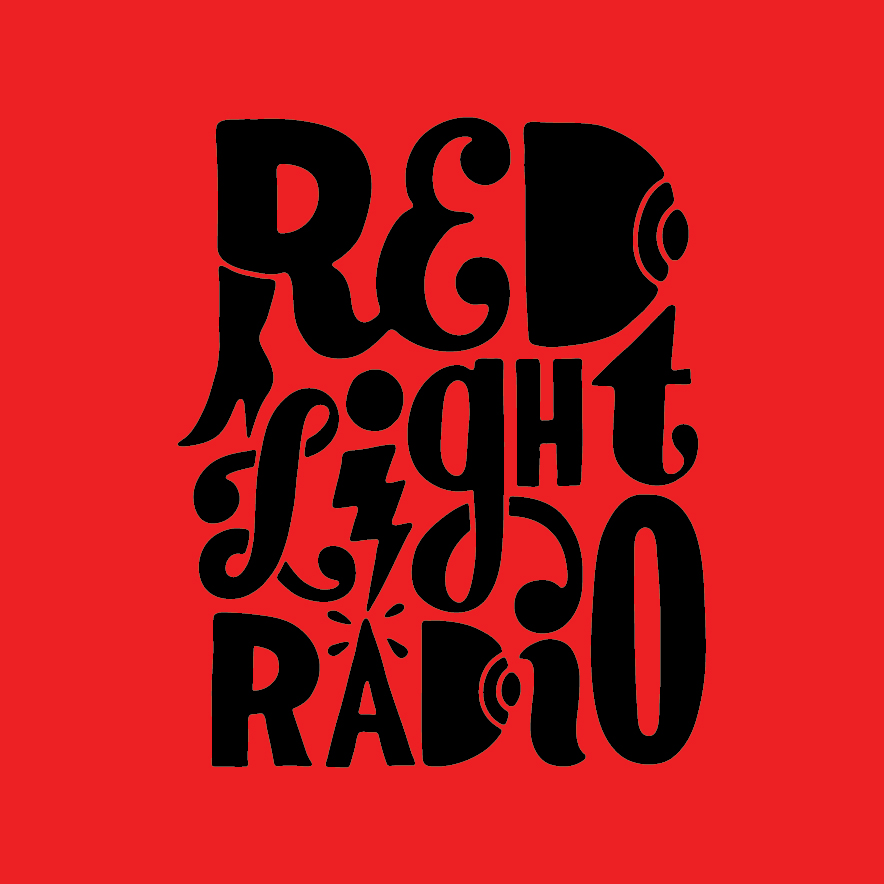Welcome to the new era of our Do You Even Archive? Series. Over the next several weeks we will be talking to some of the world’s most prolific, influential and visible online radio stations to learn about how they manage and preserve their ever-growing archives of DJ mixes, live sets, and interviews.
These stations are giving underrepresented artists and DJs a platform to share their music and ideas and are documenting tidal shifts in the global cultural and societal landscape; keeping a daily record of the underground movements existing outside the lines. We think that’s something worth saving so let’s find out how they’re doing it. Part 1 (Radar Radio), Part 2 (Dublab)
Part 3: Red Light Radio
Collection size: ~1TB
What’s to be said about Amsterdam’s Red Light Radio? It’s our home base so we’re obviously biased. But the seminal DIY radio booth squat in the middle of the Red Light District among the rabble-rousing tourists and historic canals has been pivotal to Amsterdam’s development into one of the best dance music scenes period. Home to powerhouse labels like Dekmantel, Rush Hour and Music from Memory and an incredibly diverse roster of residents, Red Light Radio co-founders Hugo van Heijningen and Orpheu “The Wizard” de Jong have created a glorified clubhouse that continues to nurture the community.
So of course we want to know how they’re taking care to make sure a record of Amsterdam’s evolving music scene is safe for future generations. Orpheu de Jong answers our question, “Do you even archive?”.
Do you make a focused and consolidated effort to keep an archive of all your shows and preserve them for the long term?
We do archive every single show that has been broadcast by RLR, but in a simple way, just on harddrives at the studio. It could be a more pro in terms of filing and storing multiple copies in several places. Then again, if we need to find something, anything, we will be able to find it now.
If you do, why do you archive and preserve your history of broadcasts?
I think it’s our responsibility to the radio makers to keep track of their shows. We never really thought about our archive as a documentation of a certain period of time, but now we are doing this for seven years so I guess it will become something like this.
What type of content do you broadcast and what from this content do you archive?
We broadcast video and audio, but we only archive the audio. Compared to the sounds we archive, the video is not very interesting as 90% of it is the same room and the same view.
What platforms and methods do you use to broadcast?
We broadcast through our website, our app and through Facebook. Then a public archive is up on Mixcloud (before it was Soundcloud).
How do you retrieve or record the content you broadcast? Where is this content initially saved? And in what file formats?
The audio is recorded with an automated MP3 recorder and is initially saved on our server in 320 kbps MP3 format.
Do you migrate this material to other platforms for storage and web presentation?
We store the cut files on our harddrives for storage and then we upload all shows on Mixcloud for presentation. We also send files to radiomakers, so they can keep their own archive or to upload on their personal Soundcloud pages.
What kind of schema do you use for the content’s metadata? What metadata do you always need to have and what is extra? Do you have a fixed vocabulary for genre tags or do you use others’ vocabularies?
We don’t add any metadata, we just have a very simple way of labeling file names, like RLR/Name/Date/Place.
Do you use any forms of encoding or compression to store your content?
Our content is already compressed and encoded when initially saved. We don’t change it afterwards, just cut clean the audio and give it the proper filename.
Do you have any long-term preservation or storage plans that you haven’t achieved / want to achieve?
Would be great to have a slick filing system and a way to browse through the complete archive smoothly and taking different routes to get to your specific file.
Have you ever lost material that you were not able to retrieve? Any big lessons learned?
Before we used to broadcast on FB, when a recording failed, because of a full server or a computer crash for example, what happened in the studio was really lost. Now that everything is also live on FB there is always a way to retrieve audio from the live stream video’s there.
